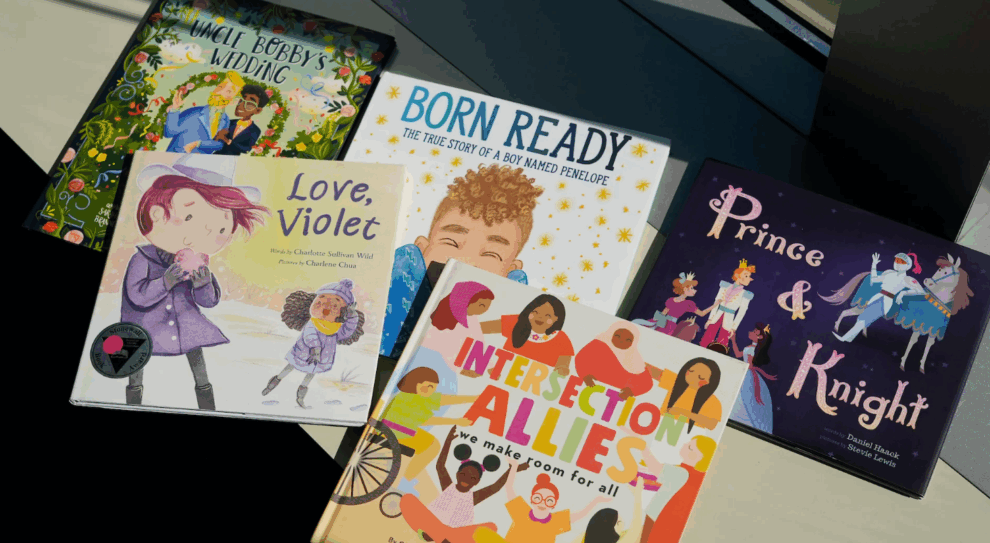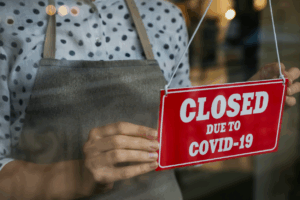Justices side with families, including Catholics, Jews, Muslims, and Protestants, seeking to opt children out of schoolbooks that conflict with their beliefs.
The Supreme Court ruled Friday in favor of Maryland parents who challenged a school district policy that blocked them from opting their children out of lessons involving LGBTQ+ content, citing religious objections. The 6-3 decision marks a significant development in the ongoing debate over parental rights and religious freedom in public education.
Justice Samuel Alito, writing for the majority, concluded that the Montgomery County Public Schools policy infringed upon parents’ First Amendment rights by mandating participation in curriculum materials that conflict with their religious beliefs. The ruling aligns with a broader trend in recent Supreme Court decisions reinforcing protections for religious expression.
The legal dispute began after the school district in 2023 eliminated religious opt-outs for elementary school books such as Uncle Bobby’s Wedding, which features a same-sex marriage, and Intersection Allies, which explores nonbinary gender identities. Parents argued that the district failed to notify them about the material and denied their requests to excuse their children from the instruction.
Attorneys representing the parents said that the district had no right to force families to choose between their faith and their children’s participation in public education. “This was a clear-cut case of government overreach into deeply held beliefs,” one attorney said during oral arguments in April.
Montgomery County officials defended their policy, warning that widespread opt-outs could create precedent for parents to challenge any part of the curriculum they personally opposed. They argued that courts should avoid becoming arbiters of educational content. “To allow broad exemptions would effectively conscript courts into the role of playing school board,” district attorneys told the justices.
Despite these arguments, the Court’s conservative majority signaled early in the process that they were likely to support the parents’ position. The ruling will likely have nationwide implications for how public schools accommodate religious objections to curriculum, especially on sensitive topics like gender identity and sexuality.
Justice Sonia Sotomayor authored the dissent, joined by Justices Elena Kagan and Ketanji Brown Jackson. Sotomayor raised concerns that insulating children from diverse ideas in public schools “will become a mere memory if children must be insulated from exposure to ideas and concepts that may conflict with their parents’ religious beliefs.” She noted that the instruction in question centered on recognizing LGBTQ people and celebrating diverse life experiences, not mandating personal agreement.
In a win for parental rights & religious freedom, the Supreme Court rejects the idea that public schools can force students to study LGBT books with no option to opt-out.
Those books improperly present gay marriage & transgender identity as objective truths, SCOTUS says. pic.twitter.com/m0G4bcQgC0— Sarah Bedford (@sarahcbedford) June 27, 2025
With this preliminary injunction, the case is expected to return to lower courts, where the broader legal battle over curriculum, parental rights, and religious freedom will continue.





